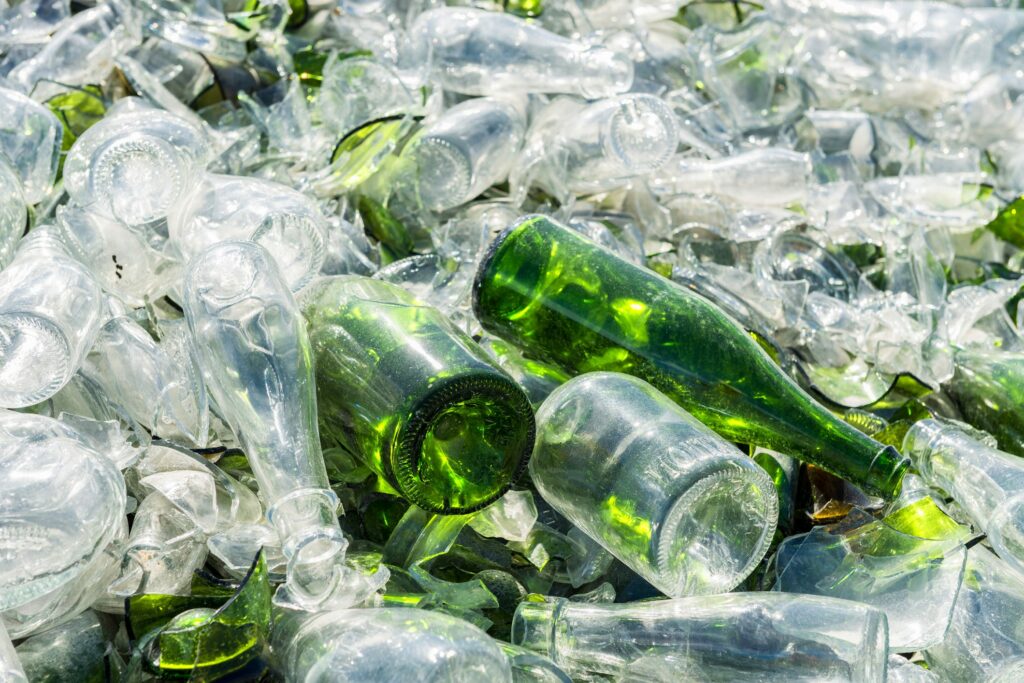Nickel and dime deposits in California’s recycling program total around $1.5 billion per year. As per a recent report from the normally dependable Consumer Watchdog advocacy group, at least $200 million of that goes to crooks.
Because more than 18 billion drink containers with California recycling value are sold across the state each year, the money mounts up. Buyers put down five cents for each glass, plastic, or aluminum container that holds less than 24 ounces of water, soda, beer, or other beverages, and ten cents for each container that has 24 ounces or more (wine and hard liquor bottles are not included).
And only about 68 percent of the money raised is refunded; roughly 30% of the funds raised each year is put into a special fund for future refunds. Despite the state Department of Resources Recycling and Recovery (CalRecycle) maintaining the amount is excessive and inaccurate, another 12 percent or more of the take is expected to go to thieves, almost as much as the recall election cost last summer. The figure may be low, according to a recent Consumer Watchdog investigation titled “Cash for Trash.” Its estimate of at least $200 million in yearly fraud originates entirely from CalRecycle’s investigations.
The state agency boasts of drastic enforcement, referring to 62,259 audits, inquiries, and assessments over the last ten years, with a total of $103 million recouped. That calculates out to $1,611 per CalRecycle action, which is likely far less than the cost of the acts. But, according to Consumer Watchdog, whose previous reports on the petroleum, insurance, and utility industries have largely proven correct, recycling theft is far more widespread.
It can be used in different ways because there is no tracking when containers are returned and paid for, they can be ultra-recycled over and over again, with fraudulent redeemers making padding state reimbursement forms. Containers from other states are also brought in by criminals. According to the new research, California is only dedicated to redeeming its material, but it buys a lot of stuff from other places.
Trucks transporting cans and bottles can also be loaded with other items before being weighed and compensated.
So, despite CalRecycle’s precautions, it is likely to be conned regularly. The recollection was influenced by two factors. For one thing, replacement candidates for the recall did not focus on the EDD. However, if Newsom ever campaigned for president, his opponents would make full use of the widespread fraud that has plagued his government. While the EDD case includes a larger sum of money, monies were primarily provided by employers, including many large firms. Recycling money, on the other hand, comes from almost everyone in the state, from 4 to 104 years old. The alleged stealing from customers is open and obvious.
In the meanwhile, Consumer Watchdog has some recommendations for improving CalRecycle’s operations. One is to take affairs out of human hands, at least in part.
Reverse vending machines, which are used in several other states and parts of Europe, could handle most beverage container returns without fraud. These would work best if they were strategically positioned near or in supermarkets.
Market chains, on the other hand, have little interest in recycling, which is one of the reasons why consumers frequently can’t locate a location to recycle containers.

